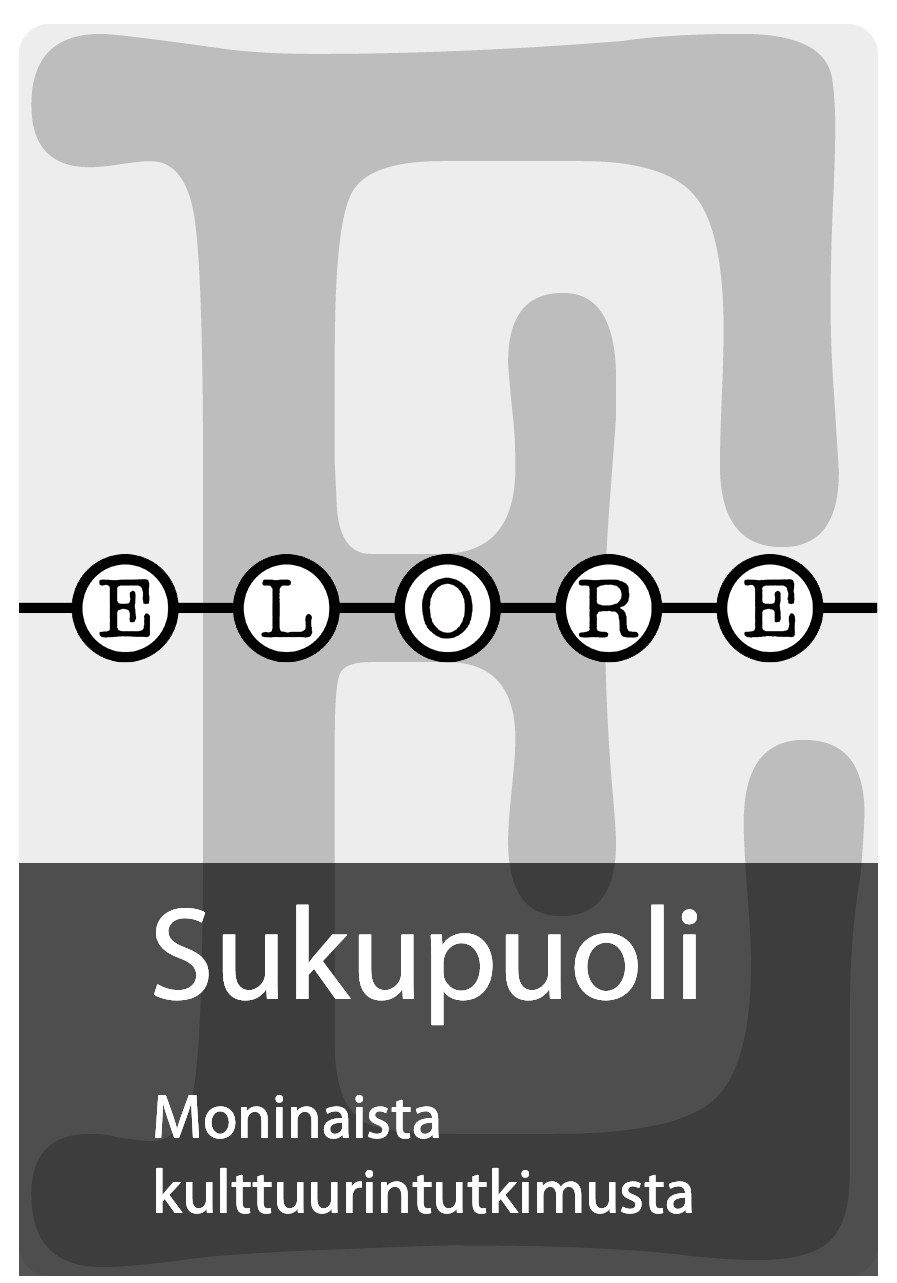Piika, taivaallintu ja agitaattoriakka
Kolme esitystä naisesta ja uskonnosta Eeva Joenpellon Lohja-sarjassa
DOI:
https://doi.org/10.30666/elore.78461Abstrakti
In this article I describe how the relationships between women and religion are represented in a set of books by Eeva Joenpelto. The Lohja-series, whose name comes from the story’s milieu, is made up of four novels published in the 1970s. It describes a village in southern Finland during the 1920s and 1930s, i.e. the period between the two wars, the Civil War and the Winter War. From the novels, I take three female characters who represent different gendered presentations of religion. Mari, the faithful servant of God, derives her strength from Lutheranism, and thus endures the hard and endless daily grind in the kitchen. Sofi is a childlike bride of Christ who finds her place in the Pentacostal movement and expresses her religion in charismatic and passionate ways. Tilta is an agitator who has found her life’s meaning in the Communist Party. My questions are the following: What kinds of possibilities for religious expression and fulfillment are available to women in the Lutheran Church and the Pentacostal movement? What is the place of religion in women’s every-day life? How do women outline the categories of sacred and profane, of purity and impurity, or do they combine them? How does a commitment to political ideology offer a woman a meaning system analogical to religion?Tiedostolataukset
Julkaistu
Viittaaminen
Numero
Osasto
Lisenssi
Lehti noudattaa ns. timanttista avoimen julkaisemisen mallia: lehti ei peri maksuja kirjoittajilta ja julkaistut tekstit ovat välittömästi avoimesti saatavana tiedelehtien Journal.fi-palvelussa. Toimittamalla artikkelin Eloreen julkaistavaksi kirjoittaja suostuu syyskuusta 2024 alkaen siihen, että teos julkaistaan CC BY 4.0 –lisenssillä.Lisenssin mukaan muut saavat kopioida, välittää, levittää ja esittää tekijänoikeuksiin kuuluvaa teosta sekä sen pohjalta tehtyjä muokattuja versioita teoksesta vain, jos he mainitsevat lisenssin, alkuperäisen julkaisun (linkki tai viite) ja kirjoittajan alkuperäisenä tekijänä. Kaikki tehdyt muokkaukset on ilmoitettava.
Tekstien tekijänoikeus säilyy kirjoittajilla ja julkaistun version rinnakkaistallennus on sallittua. Tämä koskee myös ennen syyskuuta 2024 julkaisuja tekstejä. Rinnakkaistallenteessa tulee näkyä Eloren julkaisutiedot.
Julkaistujen artikkeleiden metadatan käyttölisenssi on Creative Commons CC0 1.0 Universal.





